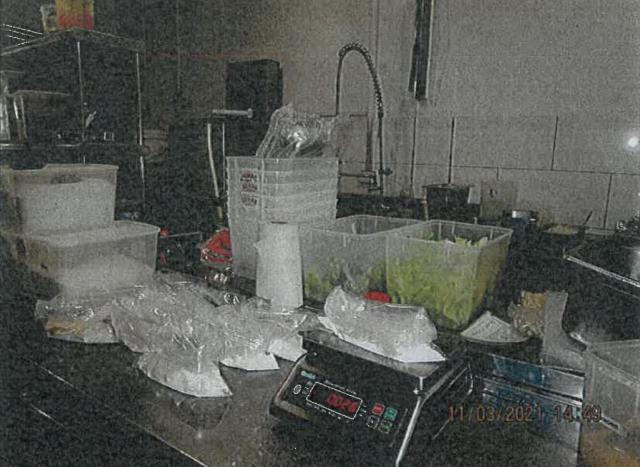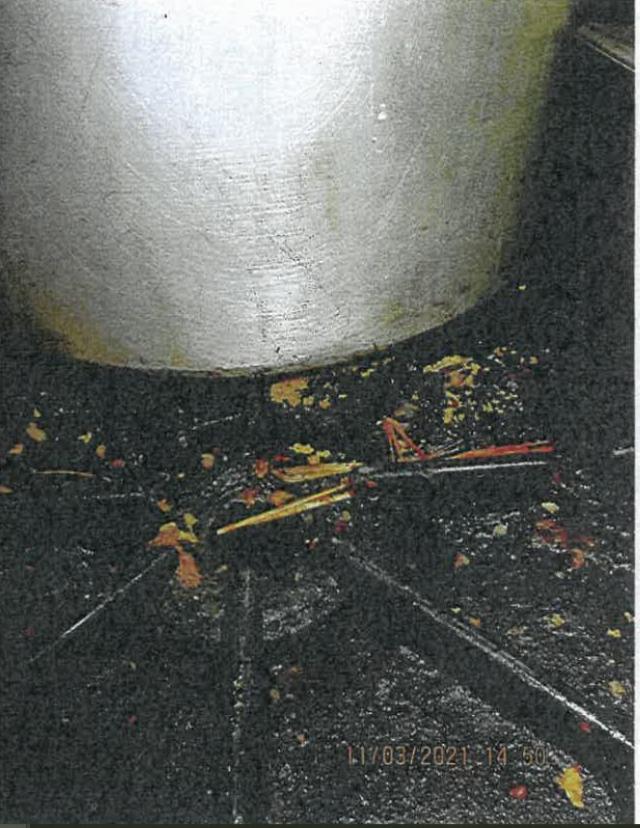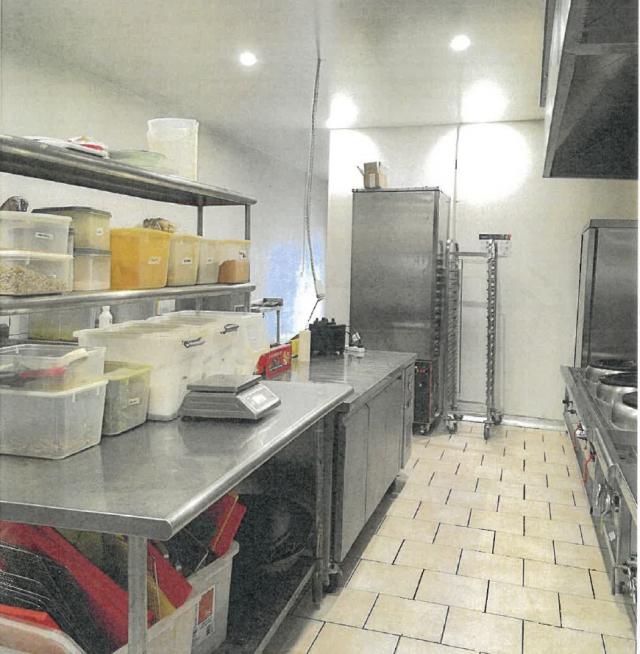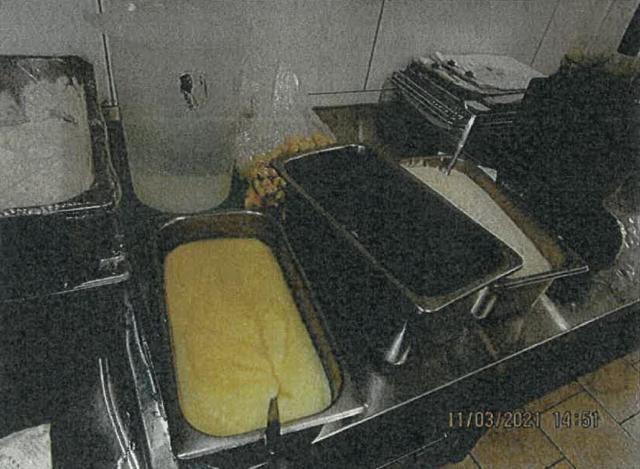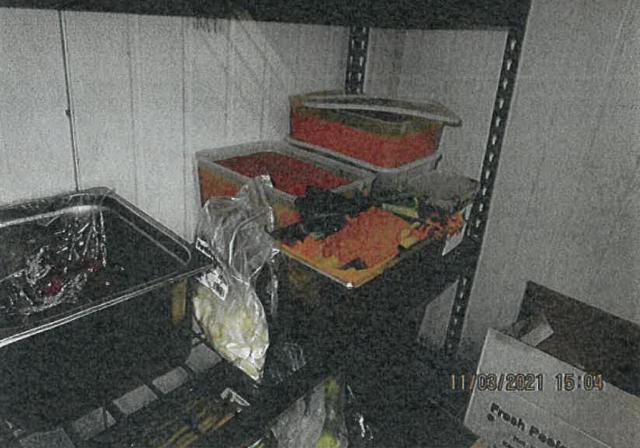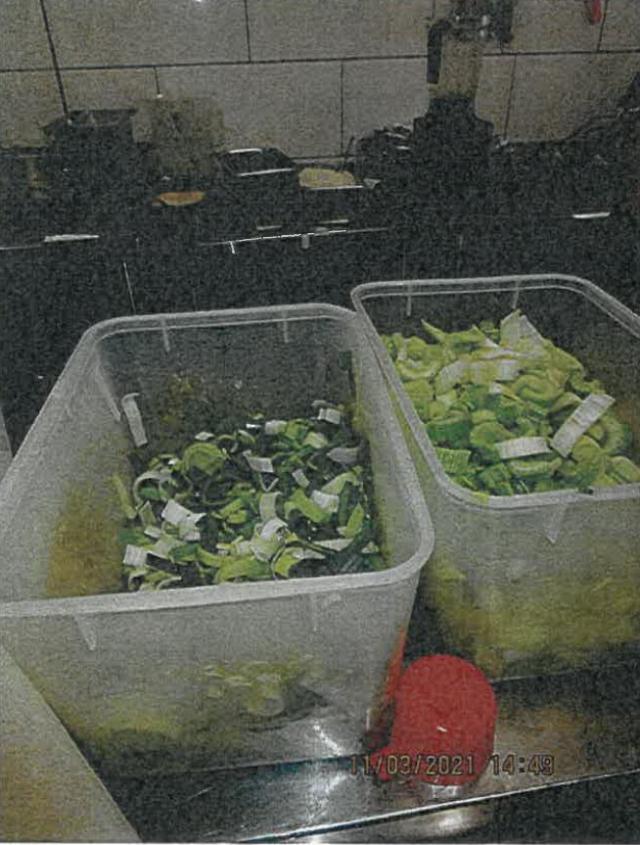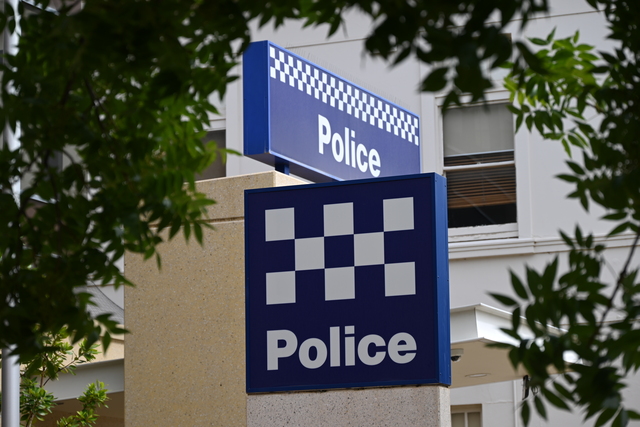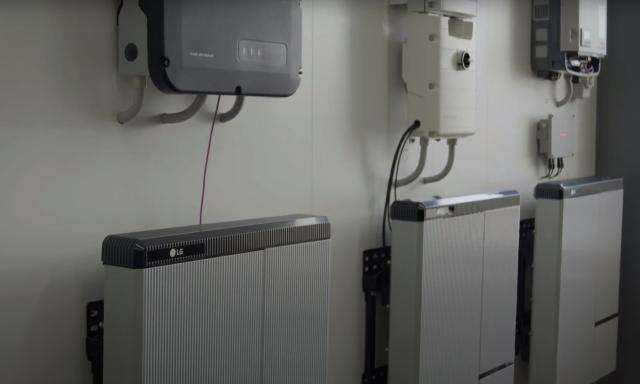Too much youthful ambition cooked an unregistered Noble Park kitchen, which breached multiple food-safety regulations, a magistrate has found.
“Only the young are over-ambitious,” Dandenong magistrate Greg Connellan mused during the case on 1 September.
“The rest of us get old and tired.”
However, the flaws of RHQ Group Pty Ltd trading as Ayam Penyet Ria and two of its directors Jeremy Jordan, 26, and Hana Tania, 29 could have potentially cost them up to $3.6 million in fines.
All pleaded guilty at Dandenong Magistrates’ Court to several charges under the Food Act, including storing food at improper temperatures and in a manner that risked contamination.
Undaunted by the Covid pandemic, the Indonesian-born international students had sought to transform a pizza kiosk in Railway Parade, Noble Park into a commercial kitchen.
It was to supply Indonesian food to their company’s six outlets in Sydney and Melbourne, including Noble Park and Dandenong.
However, City of Greater Dandenong refused to grant Food Act registration to the kitchen after detecting 19 non-compliances in November 2020.
The business was told it could not store, prepare or cook food in the meantime.
The court heard evidence that cooking was nevertheless taking place in January and March 2021.
During a snap inspection by council officers, 14 items of food were seized – including a soup being prepared at the time.
Also seized were cut leeks and celery, and garlic paste and candlenut paste made onsite and in uncovered containers next to the sink.
In the cool room, cooked food stored in pots measured at up to 29 degrees Celsius – way above the 5 degree requirement.
Council inspectors found no soap or towels at hand-washing basins, dirty cooktops, rubbish inside and outside the back door and ineffective sewage and waste-water disposal.
In interviews with the officers, Mr Jordan and Ms Tania both claimed the food was only being stored at the kitchen while en route to a Preston outlet.
It had been prepared in South Melbourne, they claimed.
The kitchen has been since rectified and passed inspection, according to the council.
Magistrate Greg Connellan wondered aloud why the directors put themselves under such “enormous stress” with such a lofty, rapidly-expanding enterprise.
He said it was fortunate that a food-poisoning outbreak hadn’t erupted as a result of the “quite troubling” case.
The foods stored at unsafe temperatures were particularly noted.
The company and directors were not complying with the Food Act in several significant ways, Mr Connellan said.
“But the full story also includes that this was a very ambitious undertaking by a group of young people who were essentially establishing themselves in a new country.”
He noted the directors had studied in Australia with a view of contributing positively and creating a business.
“They are young people that will become very fine people in our society.”
Their ambition however was not matched by their skills at the time, he said.
“Perhaps they were not aware enough of the implications of what they were doing, how to do it without falling foul of the Food Act.
“Fortunately nothing went wrong but there’s much to admire about them.”
Greater Dandenong Council submitted that RHQ faced total fines of up to $2.62 million and each director $539,000.
The fines were payable to the council’s coffers, on top of pursued costs of $18,000.
Mr Connellan said he aimed to strike a balance between sending a message about the serious Food Act breaches and not imposing a “crushing” sentence.
RHQ was fined $5000 plus $3000 costs to City of Greater Dandenong.
The directors were put on 12-month good-behaviour bonds and ordered to pay $500 each to the court’s charitable fund.

